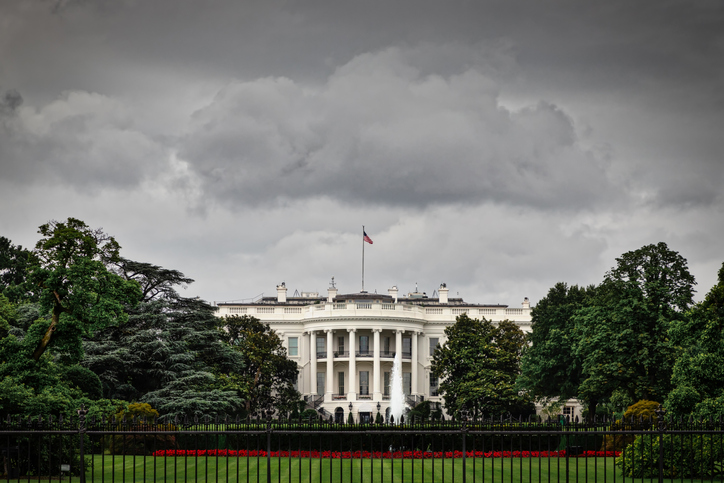On April 16, 2021, Interior Secretary Deb Haaland issued two Secretarial Orders intended to prioritize battling the effects of climate change by promoting cleaner energy and modifying the decision-making process concerning federal energy development projects.
SO 3398 aims to bolster implementation of the National Environmental Policy Act (NEPA). The order directs Interior Department offices to decline to apply 2020 changes to NEPA, “in a manner that would change the application or level of NEPA that would have been applied to a proposed action before the …
Continue Reading









